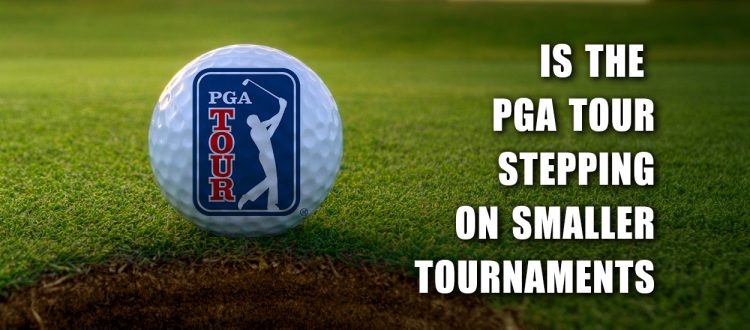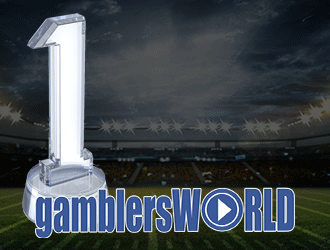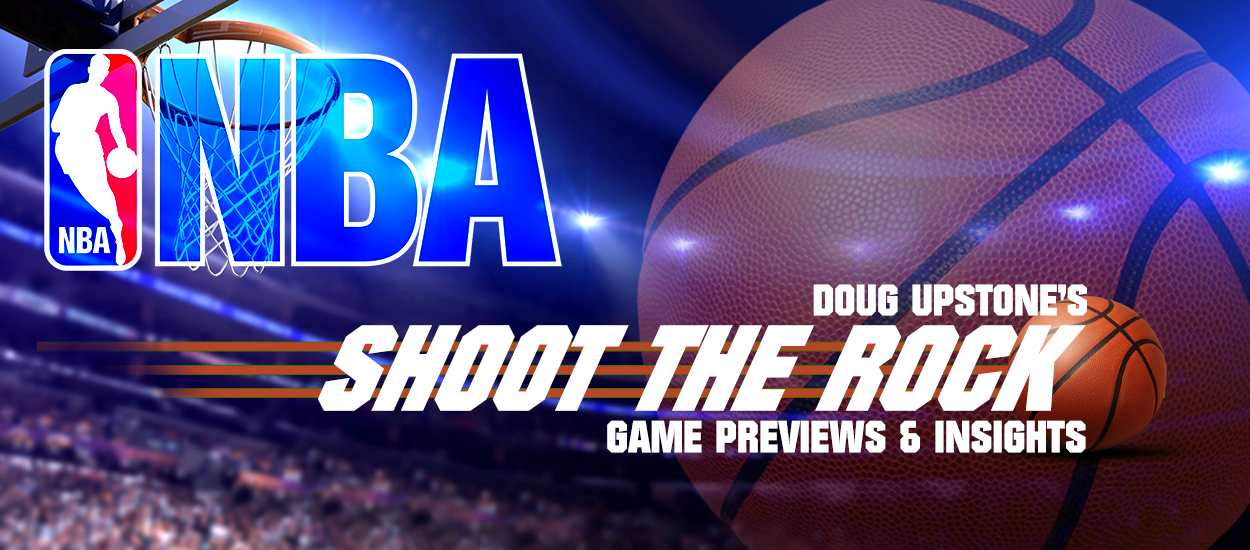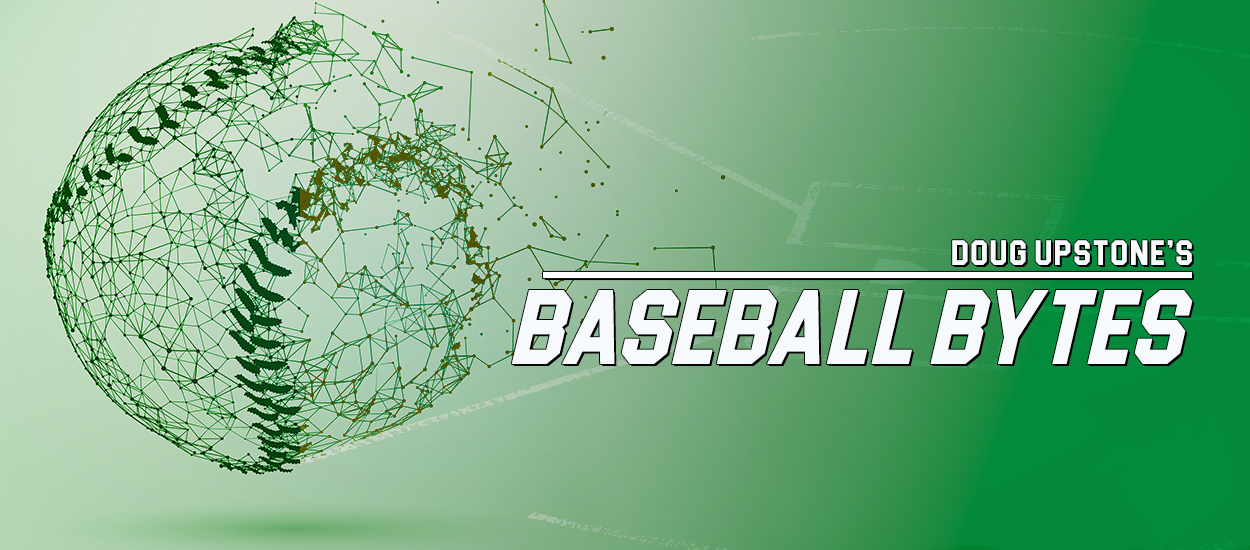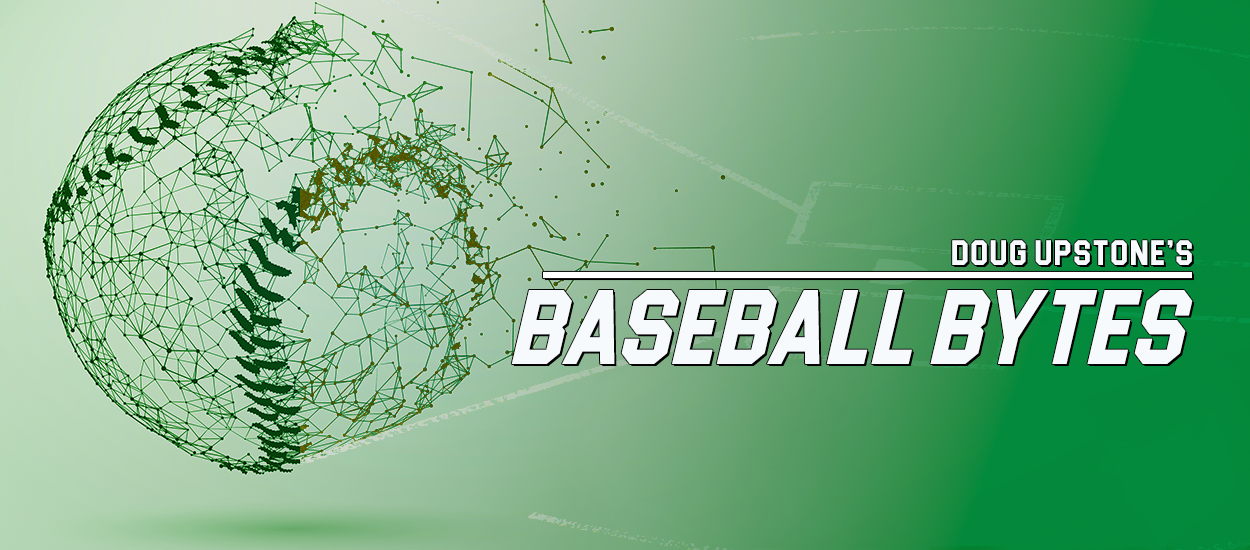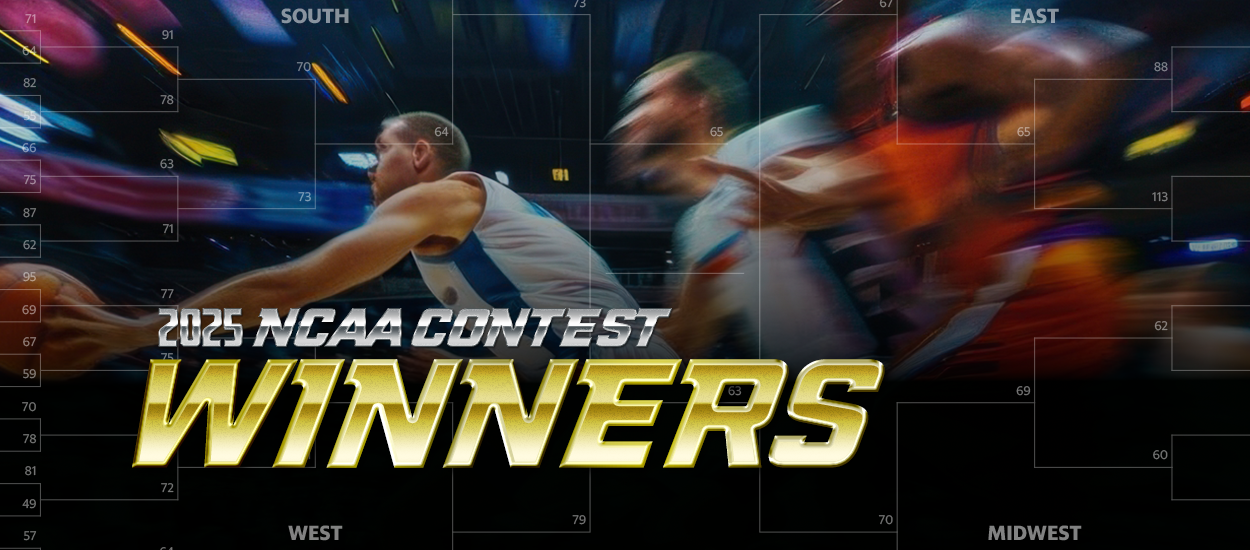The best golfers are shunning some smaller tournaments
The Canadian Open was played just last week at the Hamilton Golf and Country Club and both fans and organizers were frustrated by the lack of stars at the event. Rory McIlroy, the number 3 player in the Official Golf Rankings did play, but that was because he vowed to play the Canadian Open as often as possible after first playing and winning the event in 2019. It was the first time Rory ever visited Canada and he said that he loved the country, the fans, and the red-carpet type treatment he has been given to play in the tournament and thus has vowed to play in the Canadian Open as often as possible. But after Rory, the next highest ranked golfers were Tommy Fleetwood at 12th, Saith Theegala at 13th, Tom Kim at 22nd and Sam Burns at 27th. 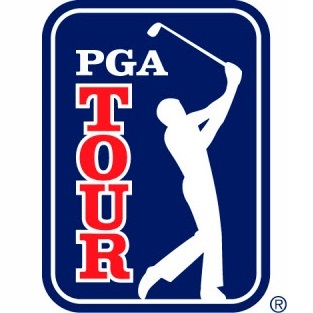 The rest of the field were ranked 30th or worse. Analysts also seem to agree that Theegala and Burns would likely have skipped the event but were required to play since they are paid brand ambassadors by RBC Bank, the sponsor of the tournament.
The rest of the field were ranked 30th or worse. Analysts also seem to agree that Theegala and Burns would likely have skipped the event but were required to play since they are paid brand ambassadors by RBC Bank, the sponsor of the tournament.
One fan who attends every year spoke with me in a club at the Canadian Open on Sunday and said how disgusted he was by the inferior field at this year’s tournament.
“This is an Open tournament and a national championship. The U.S. Open and British Open are major tournaments so the Canadian Open should be considered as a signature event. It also has the best fans and the most competitive tournaments every year. Other than Rory, a few RBC players who are required to be there, and Canadian golfers who are also RBC sponsored and want to be here, we got garbage, absolute garbage. It’s not right. This tournament has more fans than most of the signature events and is the oldest tournament on the PGA Tour. And the reason we got a bunch of crap is because of those damn signature events. The PGA Tour always shunned the Canadian Open, putting it the week after the British Open but at least we got some good fields because there was no such thing as signature events that players felt obligated to play. And in 2022 we had a pretty good field including Scottie Scheffler, Justin Thomas, Tony Finau, Wyndham Clark etc. who used the event as a tune up for the U.S. Open the following week. But this year with the U.S. Open and three signature events in the next four weeks tit’s no wonder the best players aren’t here. They just don’t want to feel required to play five weeks in a row so we get blown off. Scheffler and others also played in the PGA Championship and Charles Schwab Challenge since that tournament was in their neck of the woods and they felt obligated to play so this was the only event they could shun so as not to play 7 straight weeks. The PGA Tour needs to do better.”
Non-Signature events are lacking stars
It’s not just the Canadian Open that seems to get far worse fields than usual since the signature events were announced, but rather every tournament that isn’t a major, signature event or part of the FedEx Cup.
The Phoenix Open, which was played in February, always drew the best players because the fans were so integral to the tournament. 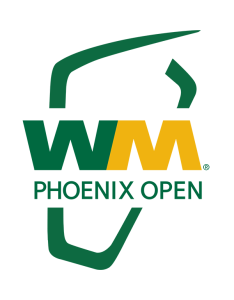 The famous 16th hole that has a stadium type atmosphere is renowned and as a result Tiger Woods made an effort to play the tournament each year. But this year the field was poor to say the least. Nick Taylor won that event but the absence of players at the top of the golf rankings was noticeable. Number one Scottie Scheffler did play that tournament and finished third, but the next highest ranked player was likely Hideki Matsuyama. Players like Victor Hovland, Colin Morikawa, Xander Schauffele, Patrick Cantlay, etc., who usually would have played in the Phoenix Open, skipped it since it was sandwiched by two signature events. Also, the Texas and Houston Open which generally featured good fields and at least have all the big players born or living in Texas, saw depleted fields due to the fact they were not signature events and were scheduled in a lousy timeslot. Texas born Jordan Spieth chose to skip one of the Texas tournaments for the first time one can recall. Scheffler played in the Houston Open, where he was defeated by relatively unknown Stephen Jaeger and Rory played in the Texas Open, where he was defeated by also mostly unknown Akshey Batia, but for the most part each tournament was met by less-than-top-quality fields. As for the rest of the schedule, it’s just accepted that the Rocket Mortgage Classic in Michigan, John Deere Classic in Illinois and 3M Open Championship in Minnesota will be lucky to get more than three players in the top 30 World Golf Rankings.
The famous 16th hole that has a stadium type atmosphere is renowned and as a result Tiger Woods made an effort to play the tournament each year. But this year the field was poor to say the least. Nick Taylor won that event but the absence of players at the top of the golf rankings was noticeable. Number one Scottie Scheffler did play that tournament and finished third, but the next highest ranked player was likely Hideki Matsuyama. Players like Victor Hovland, Colin Morikawa, Xander Schauffele, Patrick Cantlay, etc., who usually would have played in the Phoenix Open, skipped it since it was sandwiched by two signature events. Also, the Texas and Houston Open which generally featured good fields and at least have all the big players born or living in Texas, saw depleted fields due to the fact they were not signature events and were scheduled in a lousy timeslot. Texas born Jordan Spieth chose to skip one of the Texas tournaments for the first time one can recall. Scheffler played in the Houston Open, where he was defeated by relatively unknown Stephen Jaeger and Rory played in the Texas Open, where he was defeated by also mostly unknown Akshey Batia, but for the most part each tournament was met by less-than-top-quality fields. As for the rest of the schedule, it’s just accepted that the Rocket Mortgage Classic in Michigan, John Deere Classic in Illinois and 3M Open Championship in Minnesota will be lucky to get more than three players in the top 30 World Golf Rankings.
Signature events were initiated starting with the 2022-2023 season as a way to stop players from leaving the PGA Tour and going to LIV Golf. After the defection of players like John Rahm and Cameron Smith, who said they were leaving since LIV offered more money to play less golf, the PGA Tour realized it had to do something. So, after meeting with players the Tour agreed to create eight signature events which offer $20 million in purse money and limited fields. Some of the tournaments were chosen due to their prestige, so The Sentry at Kapalua, Hawaii, which unofficially kicks off the calendar year and is reserved for winners, and the AT&T Pebble Beach Challenge, which is played at the most prestigious course, were designated signature events. But what makes the other five events, namely the Arnold Palmer Open at Bay Hill, Genesis Open at Riviera, RBC Heritage at Hilton Head, Wells Fargo Championship at Quail Hollow, Memorial Tournament at Muirfield Village and Travelers Championship at TPC River Highlands more worthy than others, is uncertain.
The aforementioned non-signature event tournaments or other highly regarded tournaments like the Farmers Championship at Torrey Pines (which often hosts the U.S. Open and is deemed one of the toughest courses on the tour), or the Byron Nelson Classic which was often highly regarded by players due to the namesake of the event, should probably receive consideration as a signature event too. So, to answer the question what makes the signature events more prestigious seems to be “nothing” and that’s what really frustrates event organizers. And the schedule also frustrates some bookmakers since betting dips considerably when the star players aren’t entered. I spoke to an associate who works at MGM who said that you can really see a dip in betting for non-signature events.
“People like to bet on star players and when they aren’t there, they look elsewhere to place bets,” the associate told me. “I think another issue is that the odds are so low on the limited star players who decide to play in the non-signature-events that bettors just don’t see value. Scheffler at 5/2 odds for the Houston Open and McIlroy at 7/2 odds for the Canadian Open just aren’t intriguing. But it does open up great opportunities for high odds payouts if you are ok with opposing them. The average winning odds in these smaller tournaments is over 100/1. Nick Dunlap and Grayson Murray were 400/1 odds when they won. That said, professional gamblers or those who don’t want to take a flyer are never going to bet on the Nick Dunlaps or Davis Rileys.”
And looking at the winners of the non-signature events in 2024 and the odds, he is right. It wasn’t a who’s who that won those events, but rather a who?
The first non-signature event of the year was the Sony Open in Hawaii which was won by the late Grayson Murray at 400/1 odds (pre-tournament). Nick Dunlap won the American Express Championship at 400/1 odds. Matthieu Pavon won the Farmer’s Insurance at 150/1, Nick Taylor won the Phoenix Open at 150/1, Jake Knapp won the Mexico Open at 40/1 (lowest odds for the winners of non-signature events), Austin Ekroat was 110/1 odds when he won the Cognizant Classic, Peter Malnati was 300/1 odds winning the Valspar Championship, Stephen Jager was 50/1 odds winning the Houston Open, Akshey Batia was 60/1 winning the Texas Open, Taylor Pendrith was 125/1 odds winning the Byron Nelson, Davis Riley was 250/1 odds to win the Charles Schwab Championship and Robert McIntyre was 80/1 odds last week at the Canadian Open. It’s notable that not one player in the top 20 won any of those tournaments and Pavon, who is in the top 30 only has that ranking due to the win. Prior to his victory he was well over 50th in the golf rankings.
In fairness to the PGA Tour, they have to draw the line somewhere and the Olympics this year forced the Tour to bunch up some of the signature events. That said, almost every golf analyst I spoke to agrees the only fair thing to do going forward is to choose four tournaments that will always be signature events and rotate the other four.
“If the Tour deems that RBC is an important enough sponsor to warrant a signature event, then have the RBC Heritage as a signature event one year and the RBC Canadian Open as a signature event the next. And Texas is certainly an important enough state to have one of their events made a signature event at least every few years. Obviously, Mexico or the John Deere will never be signature events but the Phoenix Open and Torrey Pines certainly deserve consideration. I don’t envy the PGA Tour decision makers but something has to be done. Fans, sponsors and organizers pay far too much money to effectively be given the middle finger by the Tour,” the golf analyst told me.
So, it seems the PGA Tour may have spawned a monster with the creation of signature events. They really had no choice to keep the star players happy since the PGA Tour doesn’t allow players to accept appearance fees, but it’s almost a Sophie’s Choice type situation, where they know that by raising the profile of some tournaments, they have to sacrifice good fields at the others. And like in that movie or with a father of four who has to decide which child to take to the game when he only has 2 tickets, it’s a non-winnable situation. The best solution may be to rotate the tournaments so that no tournament is seen as “the favored child,” but the truth is that some events are simply more prestigious and have to be signature events or the players will revolt. One thing is certain, the status-quo is not an answer.
Read articles on sports betting and the North American gambling industry from Hartley Henderson here at GamblersWORLD.

